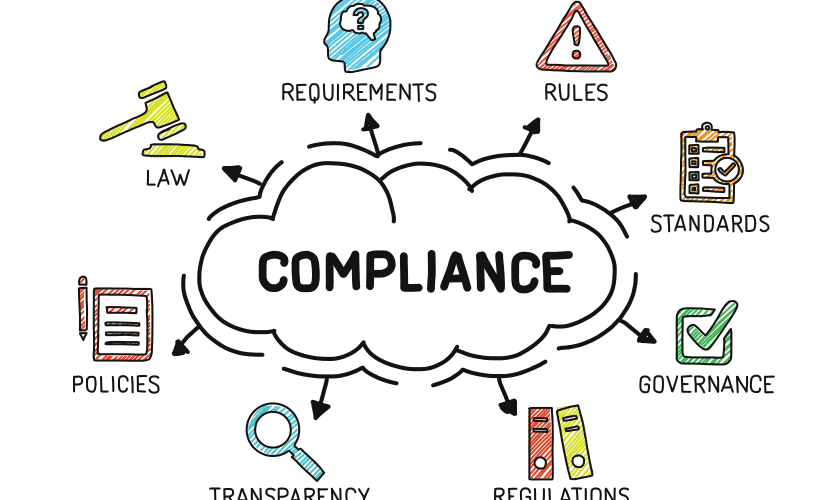Jeannine LeCompte, Compliance Research Specialist
The Office of the Inspector General (OIG) believes a comprehensive compliance program provides a mechanism that brings the public and private sectors together to reach the “mutual goals of reducing fraud and abuse, enhancing operational functions, improving the quality of healthcare services, and decreasing the cost of healthcare.” These goals, the OIG says, provide “positive results to the nursing facility, the Government, and individual citizens alike.”
A skilled nursing facility (SNF) should have written standards, policies, and procedures in effect that describe compliance and ethics expectations which are embodied in its Code of Conduct (or Code of Ethics). It is important that staff are fully educated on these compliance and ethics standards. If a state investigator finds employees who are unaware of the details of the written procedures, the facility can be sanctioned for having an ineffective compliance and ethics program.
Standards, policies, and procedures are the foundation upon which an effective compliance and ethics program is built, and focusing on these also simplifies the message to staff about compliance and ethics, and how to do the right thing.
The OIG adds that, in addition to fulfilling its legal duty to ensure that it is not submitting false or inaccurate claims to Government and private payors, SNFs may gain numerous other benefits by voluntarily implementing a compliance program. These benefits may include:
• the formulation of effective internal controls to ensure compliance with statutes, regulations, and rules;
• a concrete demonstration to employees and the community at large of the SNF’s commitment to responsible corporate conduct;
• the ability to obtain an accurate assessment of employee and contractor behavior;
• an increased likelihood of identifying and preventing unlawful and unethical behavior;
• the ability to quickly react to employees’ operational compliance concerns and effectively target resources to address those concerns;
• an improvement in the quality, efficiency, and consistency of providing services;
• a mechanism to encourage employees to report potential problems and allow for appropriate internal inquiry and corrective action;
• a centralized source for distributing information on healthcare statutes, regulations, and other program directives;
• a mechanism to improve internal communications;
• procedures that allow prompt and thorough investigation of alleged misconduct; and
• through early detection and reporting, minimizing loss to the Government from false claims, and thereby reducing the SNF’s exposure to civil damages and penalties, criminal sanctions, and administrative remedies.
The OIG recognizes that the implementation of a compliance program may not entirely eliminate fraud and abuse from the operations of a SNF. However, if a facility can demonstrate that it has made a sincere and genuine effort to comply with applicable statutes and regulations though a compliance and ethics program, the chances of it being held liable for a breach are significantly reduced.




















































